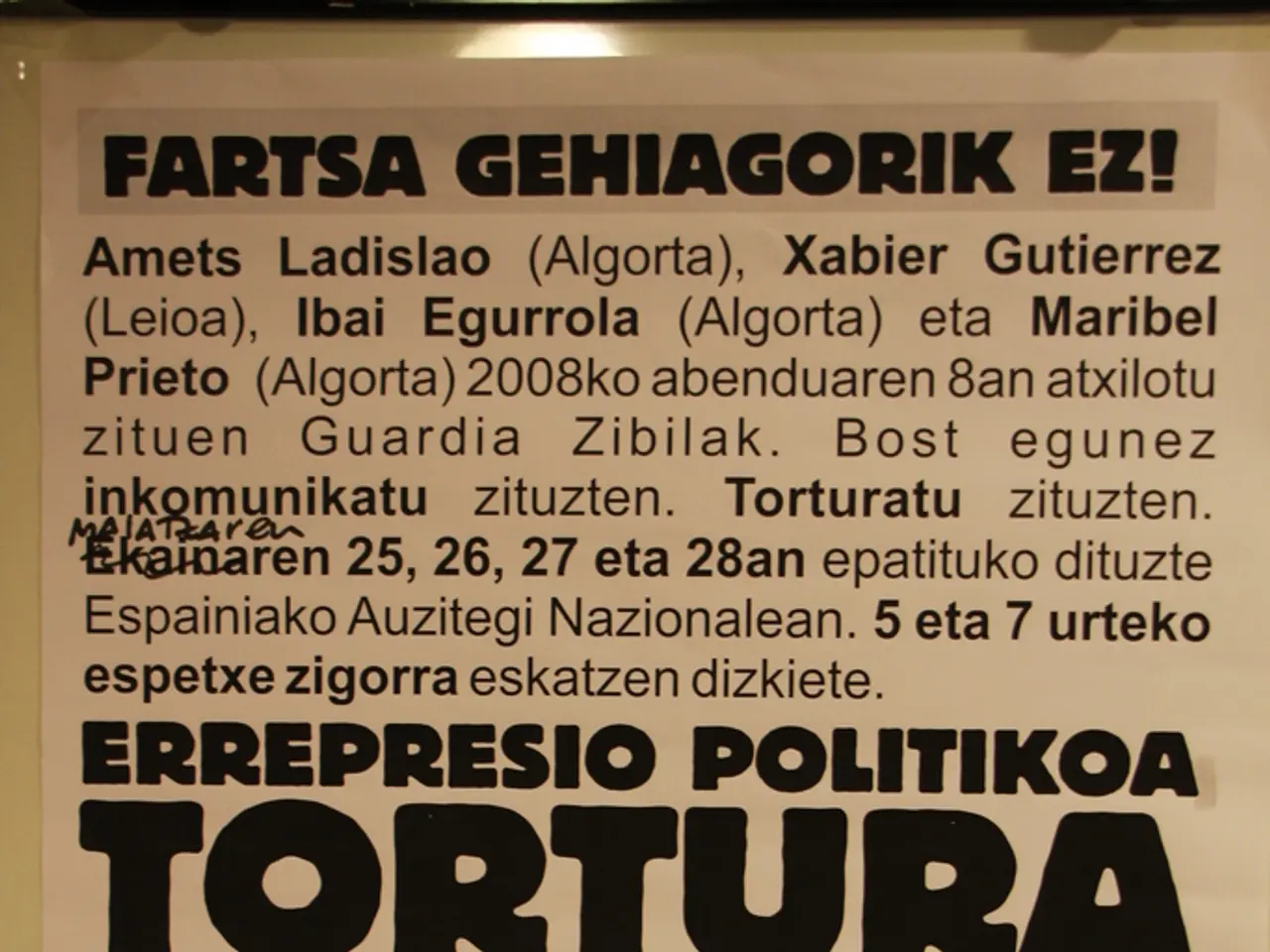Art's dogged persistence honored for nearly half a century
In the heart of Guantánamo, the Political Song Festival is set to return for its 49th edition, marking a half-century of defending committed song with the Cuban Revolution. This vibrant event, running for 49 years, continues to serve as a significant platform for cultural expression and ideological preservation, deeply rooted in the socio-political realities of the region.
This year, the festival will bring together a diverse group of artists, including singer-songwriters, poets, visual artists, cartoonists, critics, and researchers. Notable participants include Heidi Igualada, Rey Montalvo, Ariel Díaz, Fidelito Díaz, Alain Garrido, Javier Zaldívar, Yamislay Matos, Roly Ávalos, and many more.
The festival's relevance lies in its role as a cultural and ideological bastion, preserving and reflecting the revolutionary ideals and historical memory of Cuba. Through performance and music, it fosters a collective cultural identity that resists political and social changes, safeguarding local traditions and the socialist values central to Cuban society.
This year's edition is dedicated to the 66th anniversary of the Cuban Revolution's triumph, the promotion of author's song, and emblematic figures such as Marta Valdés and Eduardo Sosa. The theatrical production "El faro" by the Granma-based group Andante will be featured, along with a visual exhibition dedicated to Marta and Sosa, showcasing significant photographs from their careers.
The documentary "Marta Valdés: Sovereign of Time" by Raúl Nogueira and Juan Carlos Travieso will also be screened, providing an insightful look into the lives and careers of these iconic figures. Fidelito Díaz and journalist Raúl Nogueira will lead theoretical spaces discussing the impact of Sosa and Marta on Cuban music, their role as mentors of generations, and the current situation of promoting author's song.
The festival has evolved over the years to integrate other manifestations, such as visual arts, literature, theatre, and dance. It serves as a forum to debate issues affecting Cuban art and society, discussing topics such as the role of women in the trova, gender focus, audiovisual production, discography, promotion, and the figure of the troubadour.
Dairon Martínez Tejeda, the president of the Hermanos Saíz Association in the province, emphasises that the troubadour is a figure of the people who needs a connection with the community, creating a necessary familiarity for the spiritual sustenance of people and society in Cuba. Trova and song, in one way or another, are considered literature according to Dairon Martínez Tejeda.
This year, the festival will transcend conventional stages, going to areas with less access to contemporary artistic production, such as the border with the illegal Naval Base in Guantánamo, Niceto Pérez, El Salvador, and rural communities. Everything the festival does is a result of thought and love for Cuba.
The Political Song Festival, with its political sense in all its creations, but without making campaigns with slogans or mottos, remains a beacon of cultural affirmation, political education, and ideological reinforcement in Guantánamo.
- The Political Song Festival, this year dedicated to the 66th anniversary of the Cuban Revolution's triumph, will feature a diverse group of artists from various disciplines, including singer-songwriters, poets, visual artists, and critics.
- The festival serves as a significant platform for cultural expression, deeply rooted in the socio-political realities of the region, and fosters a collective cultural identity that resists political and social changes.
- In addition to music, this year's edition will integrate other manifestations like visual arts, literature, theatre, and dance, serving as a forum to debate issues affecting Cuban art and society.
- The festival transcends conventional stages, going to areas with less access to contemporary artistic production, such as rural communities, demonstrating a thoughtful and loving commitment to promoting Cuban culture and ideology.




